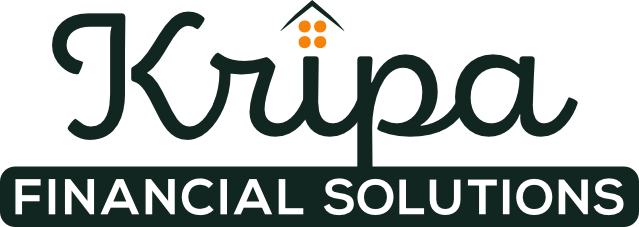How to Leverage Your Home Equity to Purchase an Investment Property
Property investment in New Zealand is becoming more attractive again due to recent changes to interest deductibility and the bright-line test. If you're a homeowner considering adding a rental property or holiday home to your assets, tapping into the equity in your current home can be a smart move to get started. Here are five crucial points to consider when using your equity to invest in property.
List of Services
-
Determine Your Borrowing CapacityList Item 1
Begin by assessing your current financial situation with a thorough budget. A comprehensive budget is an invaluable resource that helps you monitor your income and expenses, making sure all your financial obligations are met without falling short each month. Utilize an online calculator to estimate what your mortgage repayments might be if you take on a larger mortgage.
-
Tap Into Your Home EquityList Item 2
Equity represents the difference between your home's current market value and the remaining balance on your mortgage. If your property has increased in value since your purchase, or you've paid off a substantial portion of your mortgage, you may have considerable equity available to use toward purchasing an investment property. Based on your financial circumstances, your lender might allow you to borrow against this equity, using it as a deposit for another property. Generally, you can borrow up to 80% of your home's value, minus the amount still owed on your mortgage.
-
Secure a Mortgage Pre-ApprovalList Item 3
Obtaining mortgage pre-approval offers reassurance during your investment property search, as it clearly defines your budget and how much a bank is willing to lend. Although pre-approvals are conditional and typically valid for only three months, they enable you to act quickly when you find the perfect property. This is particularly crucial if you're buying at auction. Additionally, having mortgage pre-approval demonstrates to sellers that you're a serious buyer with the financial means to follow through on the purchase, which can strengthen your negotiating position. Knowing your budget upfront also helps narrow down your property options, making the search more focused and efficient.
-
Design Your Loan for Maximum FlexibilityList Item 4
When securing a mortgage for an investment property, the loan structure should align with your personal situation and investment goals. For example, if you plan to sell the property in a few years, an interest-only loan might be an ideal choice. Interest-only loans are popular among property investors because they maximize cash flow. With this type of loan, rental income typically covers the interest payments, keeping monthly costs lower. However, the principal loan amount remains unpaid until the property is sold. Selecting the appropriate loan structure is crucial for the success of your investment. It's important to find the right balance between fixed and variable interest rates and to seek financial advice to determine if an interest-only loan is suitable for your needs.
-
Grasp the Tax Consequences
Recent changes to the rules around interest deductibility and the bright-line test in New Zealand have made it crucial to understand the tax impacts of property investment. With the National government's reinstatement of interest deductibility, property investors can now reclaim a portion of the interest paid on loans for investment properties. Beginning April 1, 2024, you can deduct 80% of your interest expenses, which will increase to 100% by April 1, 2025. Additionally, the bright-line test, which taxes profits from property sales within a certain timeframe, has been updated. As of July 1, 2024, the bright-line test period has been reduced to 2 years. This means that if you purchase a residential property and sell it within two years, you may be liable to pay tax on any profits made from the sale.





